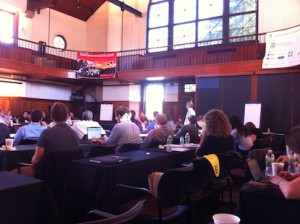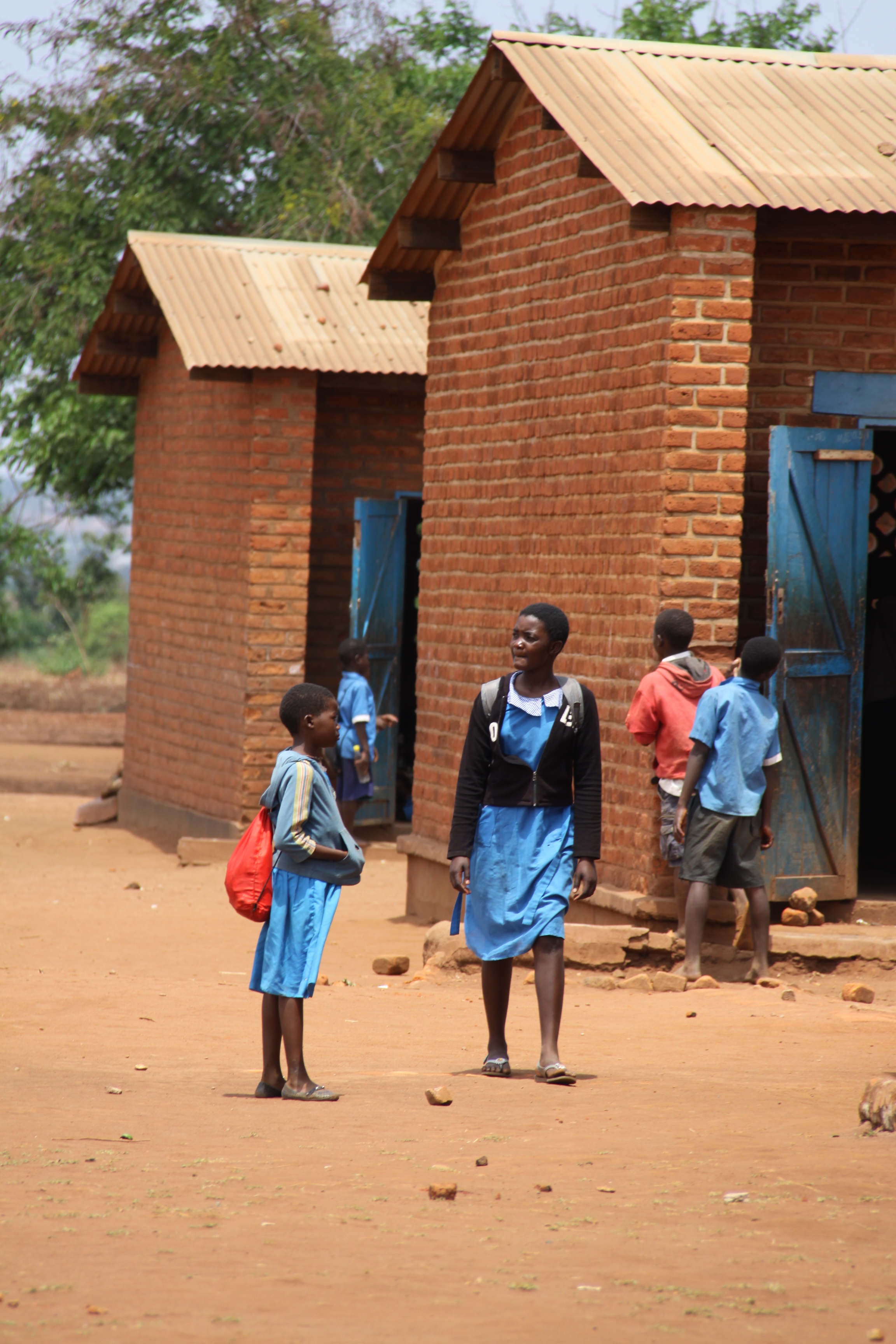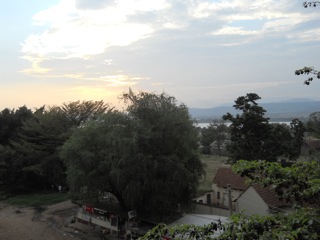I just got back from the International Conference on Crisis Mapping (ICCM 2010) held at Tufts and Harvard Universities. The conference brought together key members of the NGO community, United Nations Agencies, private sector players like Google and Microsoft, and academics from various institutions. A number of TechChange friends were also in attendance: USIP, FrontlineSMS: Medic, Development Seed, Ushahidi, ICT4Peace Foundation, and UN Global Pulse. Also met some new friends including the folks at Digital Democracy, the Konpa Group and more.
 The conference centered around a reflection of the crisis mapping activities in aftermath of the Haiti earthquake and also looked at other efforts underway in conflict and post-conflict environments such as Liberia, Sri Lanka, Afghanistan, Sudan and Pakistan. Discussion focused on a need to more directly engage both the higher levels of UN and International NGO leadership to mainstream crisis mapping practice as well as a reiterated concern to be more responsive to local actors and needs to ensure that projects are sustainable and relevant.
The conference centered around a reflection of the crisis mapping activities in aftermath of the Haiti earthquake and also looked at other efforts underway in conflict and post-conflict environments such as Liberia, Sri Lanka, Afghanistan, Sudan and Pakistan. Discussion focused on a need to more directly engage both the higher levels of UN and International NGO leadership to mainstream crisis mapping practice as well as a reiterated concern to be more responsive to local actors and needs to ensure that projects are sustainable and relevant.
Some of the key takeaways for me included:
PlaySourcing: the idea that video game players could be contributing volunteer time and energy to crisis response through actions within video games. Kila Ventures is working on this concept. Stay tuned – we may have a post about it soon.
SwiftRiver: The much-anticipated tool to filter veracity of incoming crisis mapping reports. I got to download an instance of it and we’re excited to build some simulations and training activities for this new technology.
U4Ushahidi: We also heard about the Universities for Ushahdi effort to provide community of training and education for Ushididi partners and practitioners and bring students from universities in conflict zones to the US for training on the Ushahidi Platform. Excited to see if we can find ways to work with this effort.
Crisis Mapping APIs. Finally Jon Crowley from StarTides mentioned the need to create more “Crisis Mapping APIs” for the open source community. We really want to echo this sentiment at TechChange.
I came away energized to work on developing more innovative simulations like the one I ran at UPEACE for classroom practice and for field trainings. I’m also excited to partner with game designers to start building some engaging and effective video games and online simulations that train end users in crisis mapping practice and strategy. Thanks again to Patick Meier and Jen Zemke and the Fletcher team for organizing and we’re thrilled to be part of this movement as it evolves.



